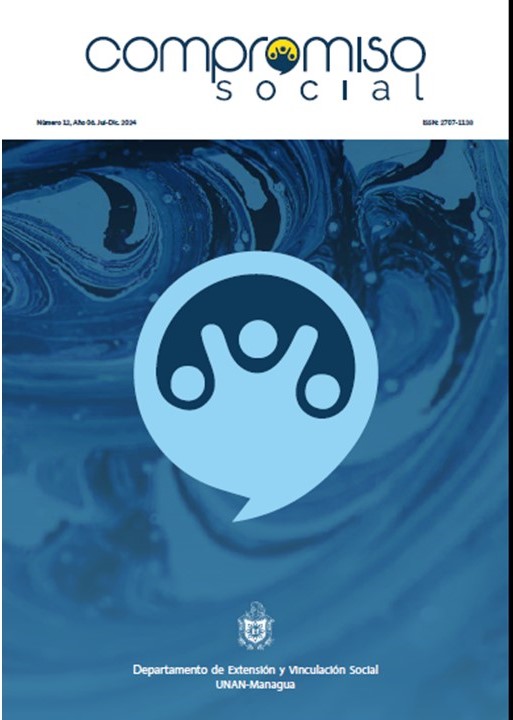The colonization of time: from Judeo-Christian imposition to capitalist commodification
DOI:
https://doi.org/10.5377/recoso.v7i12.19647Keywords:
Cyclical time, linear time, colonization, capitalism, precolonial societiesAbstract
The conception of time has profoundly influenced the organization of human societies. In the West, it is conceived in a linear way, moving from the past towards a predetermined future. This vision permeates culture, religion and science, but contrasts with cyclical conceptions that existed in precolonial societies. These cultures, such as the Mayan, Hindu and African, conceived of time as a cycle linked to nature, with rhythms of renewal connected to agricultural life, rituals and cosmology. European colonialism imposed its linear vision of time, considered a symbol of progress and used to justify domination over societies considered “primitive.” This imposition replaced the cyclical ways of measuring time, affecting the social and spiritual organizations of colonized societies. In turn, capitalism exacerbated this dynamic, transforming time into an exploitable commodity and accelerating the rhythms of life. However, cyclical views of time remain relevant, offering a critique of Western
progress and proposing alternatives that value connection with nature and spirituality. These perspectives can be fundamental to developing more just and sustainable societies today. In this critical essay, we explore how the West imposed its temporal narrative on precolonial societies and will examine the consequences of this imposition in terms of cultural loss, alienation, and inequality.
658
References
De Eguiluz Selvas, Pedro. (2012). Orígenes del calendario Maya.
Dussel, E. (1994). 1492: El encubrimiento del otro. Plural Editores.
Flood, G. (2007). El hinduismo: una introducción. Ediciones Akal.
Gurevich, A. (1990). Las Categorías de la Cultura Medieval. Taurus.
Harvey, D. (1990), La condición de la posmodernidad: investigación sobre los orígenes del cambio cultural. Amorrortu.
Lao-Tse. (2016). El libro del Camino y la Virtud. Ediciones Cumbres.
Marx, Karl. (1990). El Capital. Editorial Progreso.
Mbiti, John. (1991). Entre Dios y el tiempo. Religiones tradicionales africanas. Madrid.
Mignolo, Walter. (2007). La idea de América Latina: La herida colonial y la opción decolonial. Gedisa.
Quijano, A. (1992). Colonialidad y modernidad-racionalidad. Perú Indígena.
Rosa, Hartmut. (2013). Social Acceleration: A New Theory of Modernity. Columbia University Press, 2013




